DIRECT PRESS January 2022: NEW YEAR, NEW WAVE
Direct Press January 2022
NEW YEAR, NEW WAVE
The stylistic shift in American wine in the past 10 years
Not a Direct Press Member? Sign up here today!
This month is all about "new wave" American wines. The concept started with winemakers like Steve Edmunds (seated, center) but has really caught fire with a younger generation including (clockwise from top left) Brianne Day, Claire Hill, Angela Osborne, Rosalind Reynolds, and Chris Brockway. Photo "Illustration" by Jonathan Kemp
You know, in early December, 'New Year, New Wave' sounded like a pretty catchy title for a wine club focused on changing styles in domestic wines. Well, it's got a whole new meaning to it now with the wave of Omicron, so maybe it's even more fitting? Ugh.
Let's get into this month's theme. It's all about the pendulum swinging back after several decades of unrestrained 'big flavor' being the calling card of American wines. And no category was as hijacked and pumped up as American Chardonnay. Yes, this means you are likely going to get some American Chardonnay this month, and we know there are members who recoil from Chardonnay like vampires to garlic. Our former wine club director Matthew was accused by one dear member as being a 'real Chardonnay enthusiast.' It was not meant in a good way. And I get it. Like anything done-to-death, the manipulation of American Chardonnay into hyper-oaky, buttery wine-beverage spoof ruined many peoples' tolerance for the stuff, even when scaled back to monastic levels of Burgundian restraint.
But we are here to stick up for for domestic Chardonnay, and tell you that you can now find great examples out there. The grape's strength and weakness is due to its malleability. Like it's Burgundian sibling Pinot Noir, it is one of the best grapes for expressing small nuance and differences between vineyards, regions, and climates. What this also means is that can be a bit of a blank slate. And that was an opportunity for it to be subjected to a lot of excesses, especially in the last few decades of the 20th century in California. But it's not the grape's fault! Hopefully the excellent Chardonnays we've selected from Brianne Day (Press 2) and Angela Osborne (Press 4 Mix/Red), the winemaker behind A Tribute To Grace and Land of Saints, will help restore the good name of domestic Chardonnay. (If not, don't worry, we'll cool it on the Chardonnay zealotry for a while after this month).
The excesses of the Robert Parker era of big, alcoholic California wines were barely gathering speed in the 1985 when Steve Edmunds of Edmunds St. John (Press 4 Red) intuitively went in the opposite direction. Based in Berkeley, he was inspired by a bottle of Qupé Santa Barbara County Syrah he had one night at Chez Panisse. Soon he was getting praise from winemakers like François Peyraud of famed Bandol producer Domaine Tempier, who declared "the earth speaks" after tasting Steve's Mourvèdre, the same grape used to make Tempier's remarkable wines. Steve became one of the so-called "Rhone Rangers" along with Randall Graham of Bonny Doon.
"The winemaker speaks" is a more apt phrase for the direction that most California wines, and later many international wines, went in the mid-80's as chemical additives, technology and industrial farming all but erased the voice of the earth. Luckily figures like Steve Edmunds, as well as the natural wine movement in France, became an inspiration to a younger generation of winemakers who have been reforming our ideas of American wine.
Chris Brockway of Broc Cellars (Press 4 Mix/Red) is the most direct descendant of Edmunds St. John, also making wine in Berkeley from organic grapes sourced from all over the state. Broc Cellars alumni include natual wine luminaries like Martha Stoumen. One of Martha's protégés is Claire Hill (Press 2), whose wines are brand-new to New York, and we're thrilled to feature this month. She is really one to look out for, and, like Steve Edmunds, is proving her mettle with a very impressive Mourvèdre.
But enough about California. Though domestic trends in wine are dominated by California, Oregon is catching up quickly. It doesn't hurt that the Willamette's average temperature today is close to Napa's in the 1960's. Climate destruction and fires are just a few of the obstacles facing American winemakers these days. Brianne Day's Lemonade (Press 4 White), a blanc de noirs made from Pinot Noir, shows one of the ways to deal with grapes threatened or affected by smoke taint.
On the East Coast, at least, there are not forest fires yet, and it has been exciting to watch the huge developments at wineries like Early Mountain (Press 4 Mix/White) in Virginia using hybrid grapes. With natural disease resistance and less need for spray regimens, hybrids could have huge implications for the future.
The world is a constantly changing place, and hopefully this month's wines will give you an idea of some of the exciting developments in American wine. But we also want to show how some of the benchmark grapes like Chardonnay, Zinfandel, and Cabernet Sauvignon are just as relevant and delicious as ever — provided the winemakers can take a step back and let the 'earth speak.' I mean, we're used to the earth telling us how pissed off it is recently, but with the right stewardship, the earth can also tell us some beautiful, harmonious things, as well.
Cheers!
Jonathan and Kirk
|
|
|
|
|


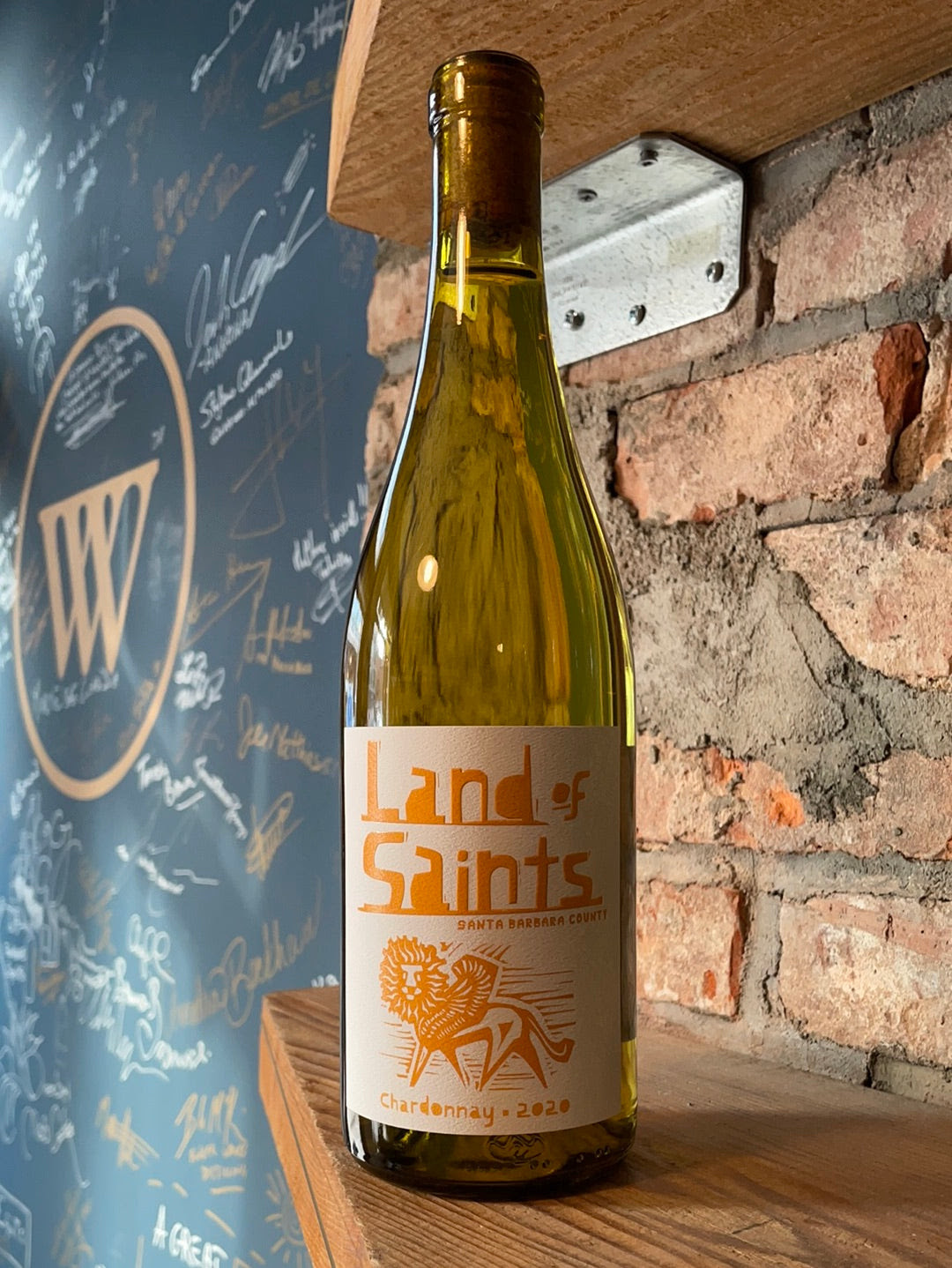
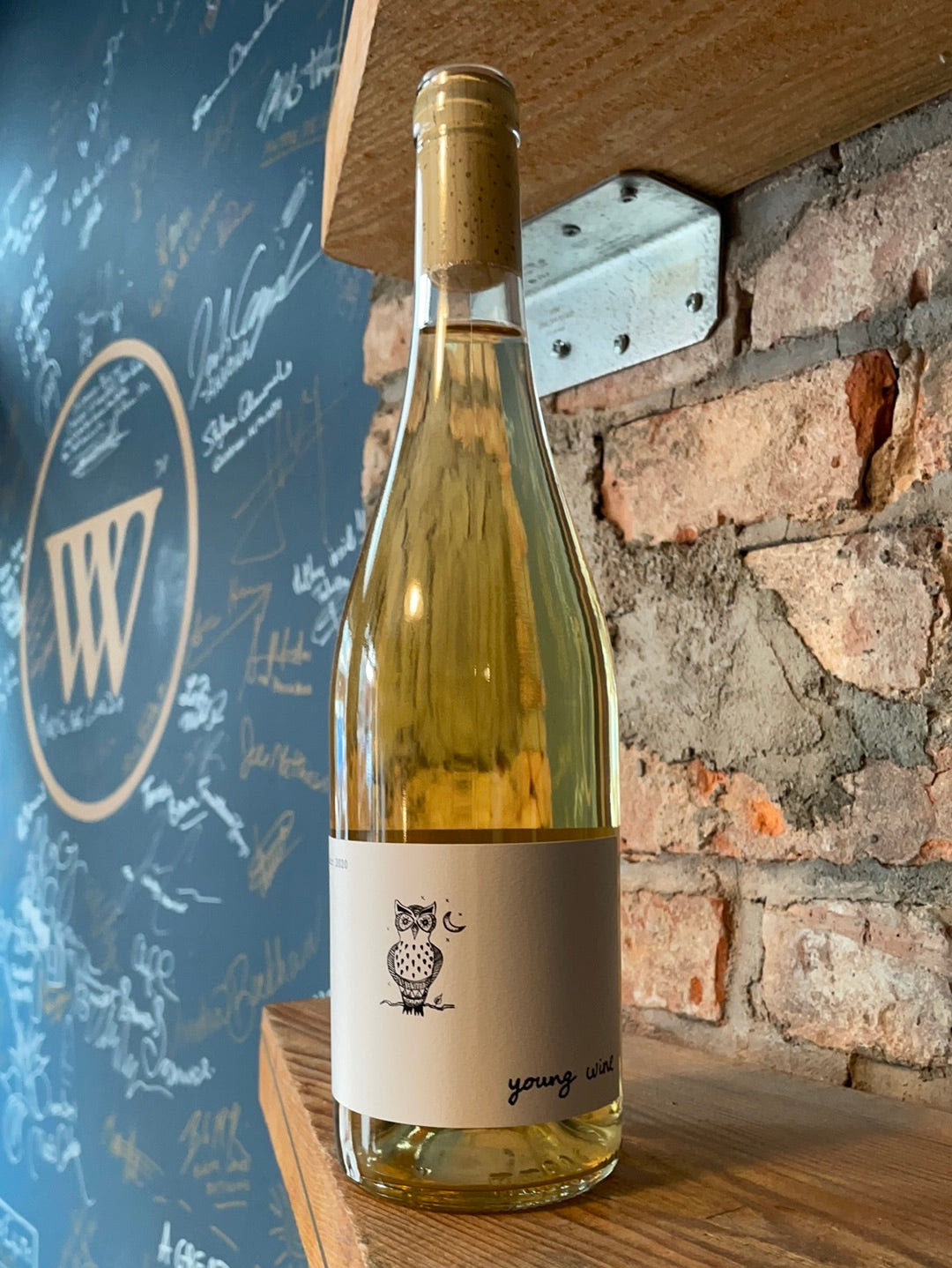
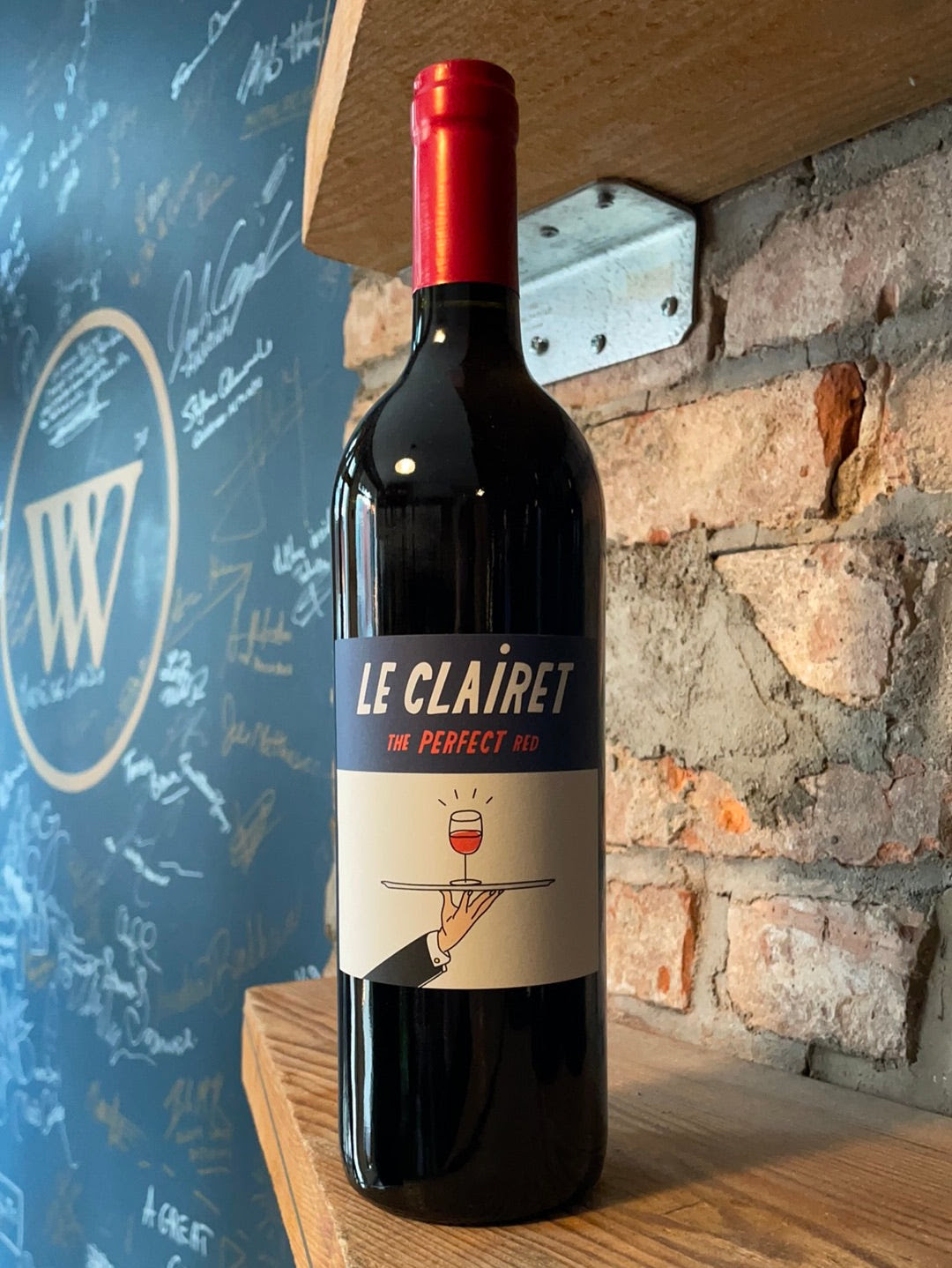

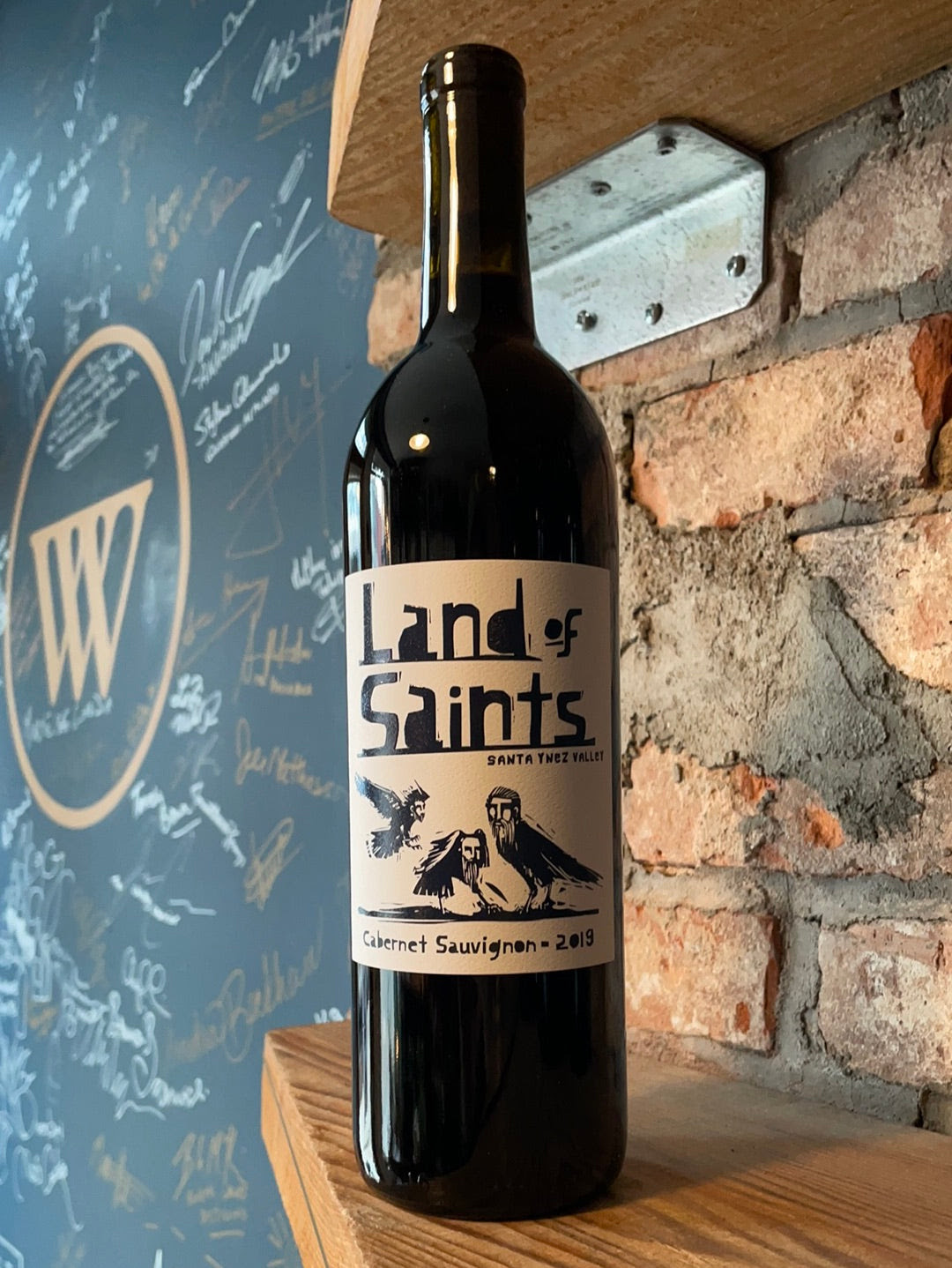
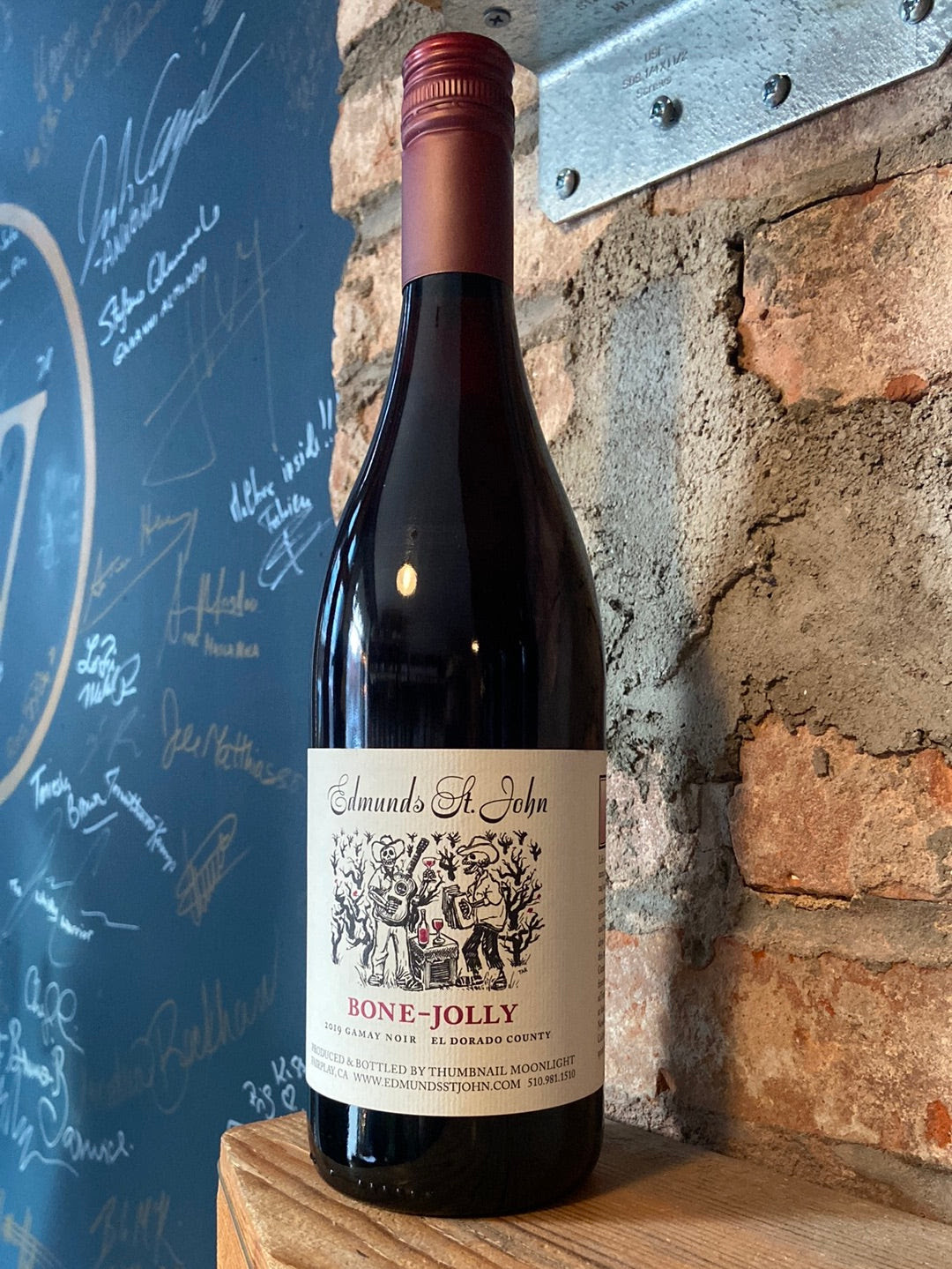
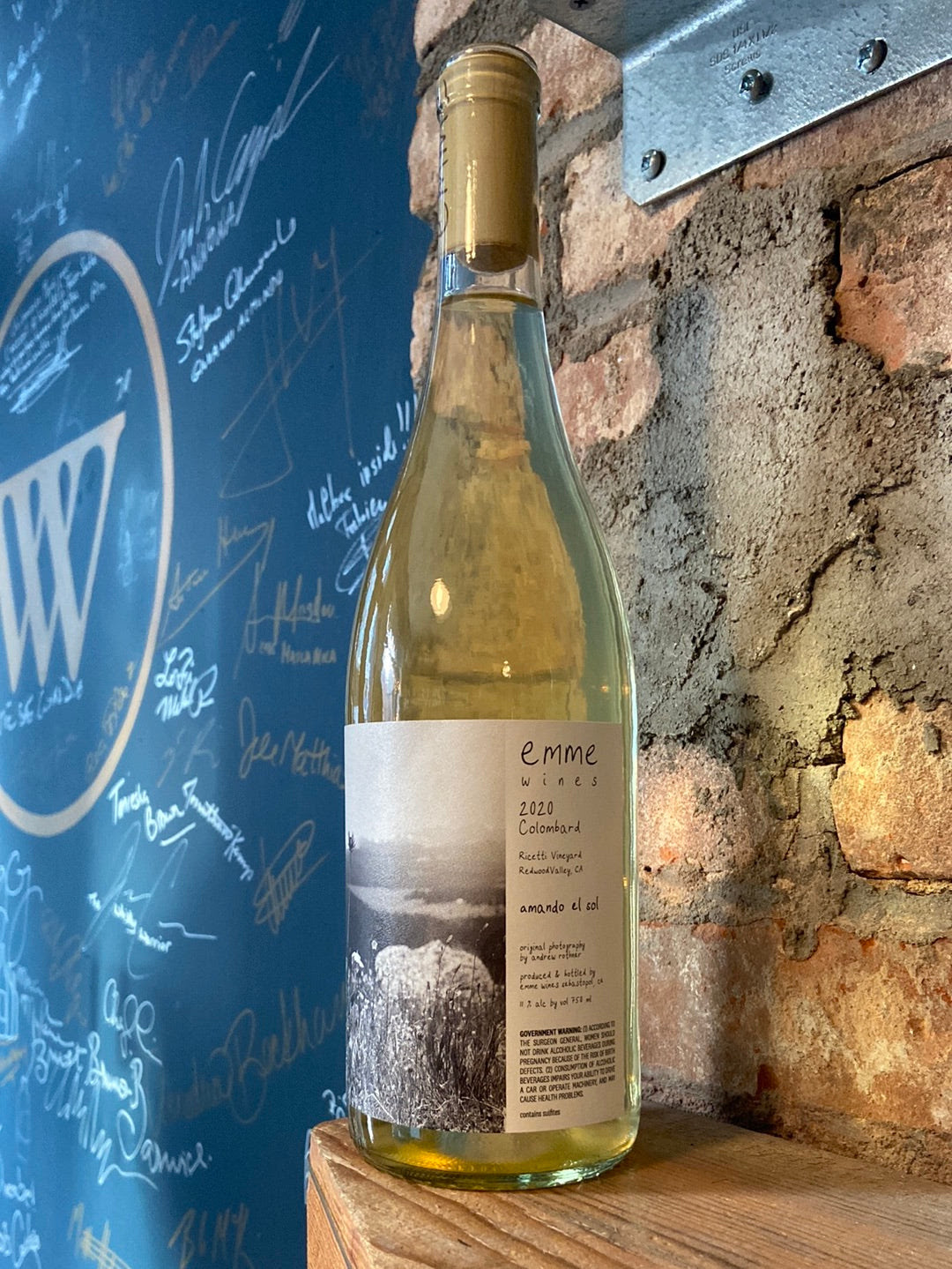
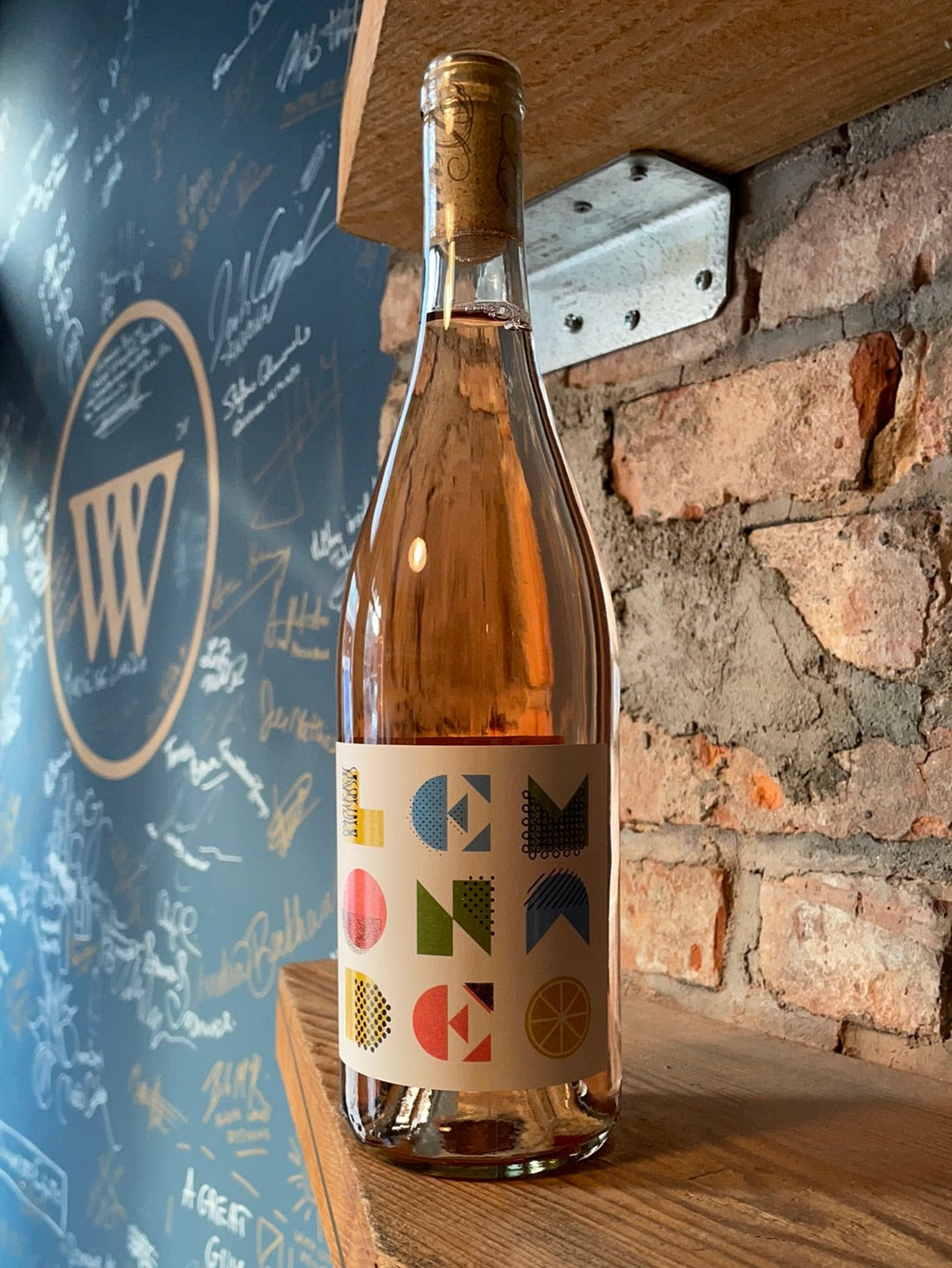
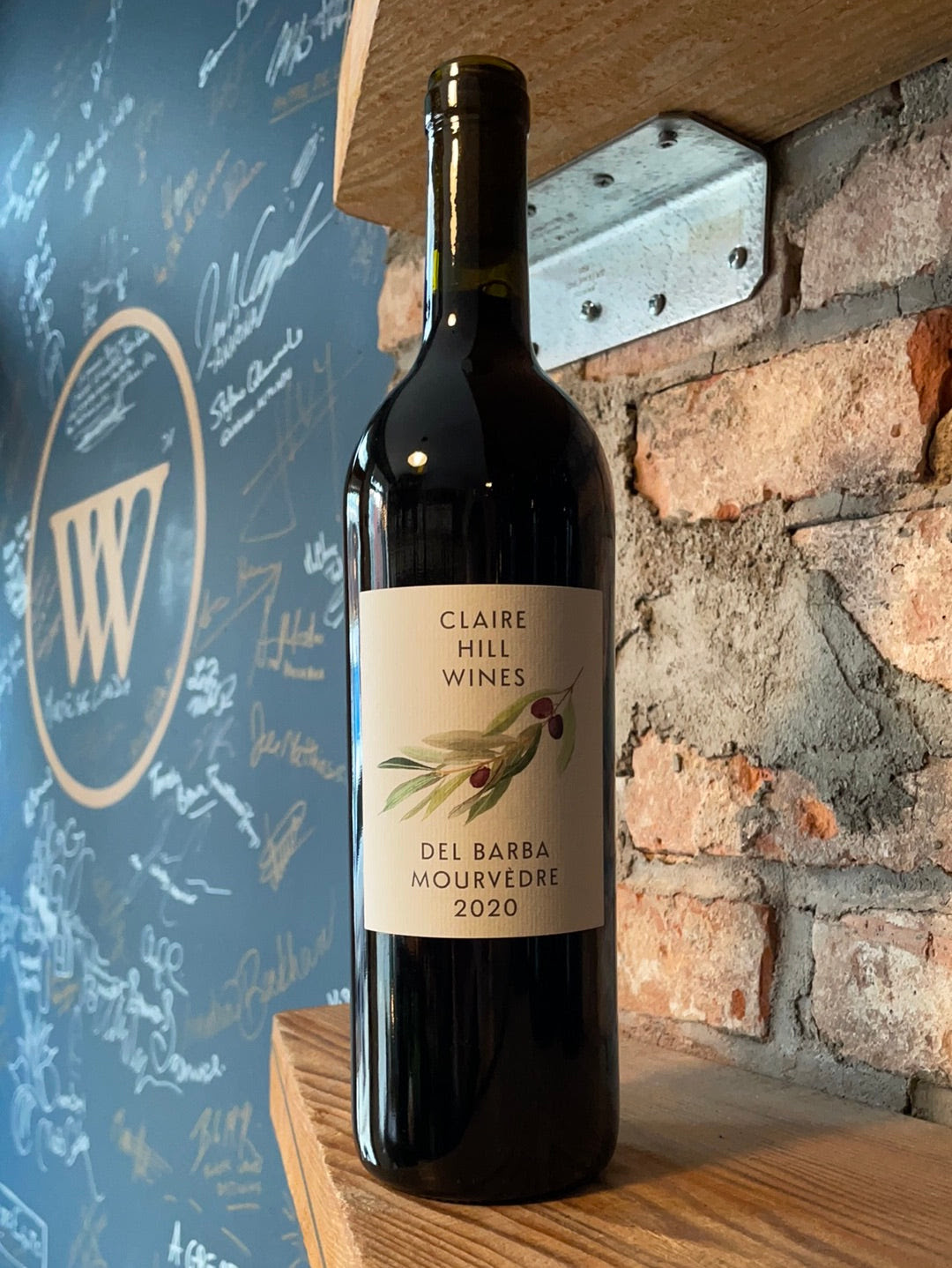
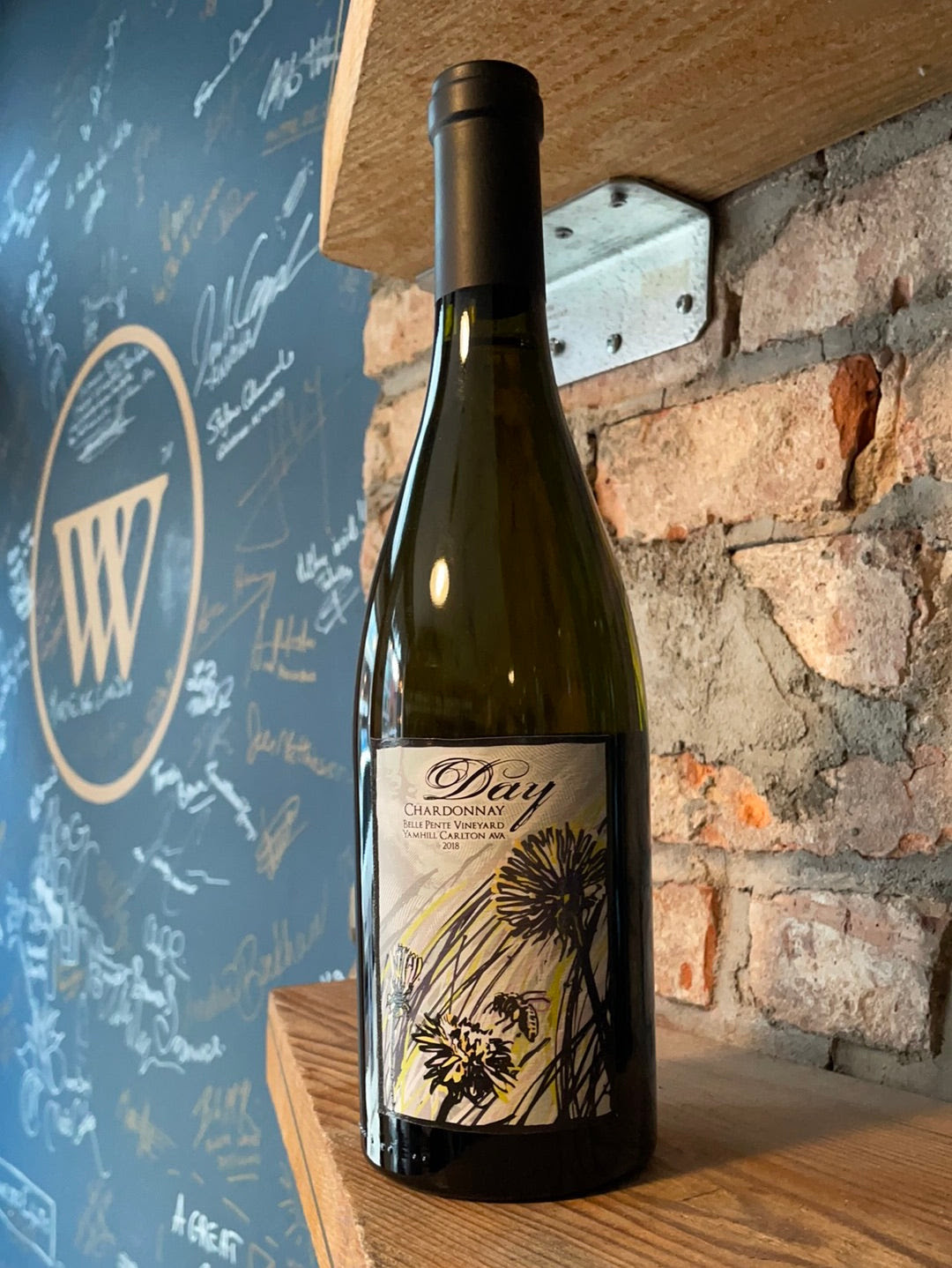



Leave a comment